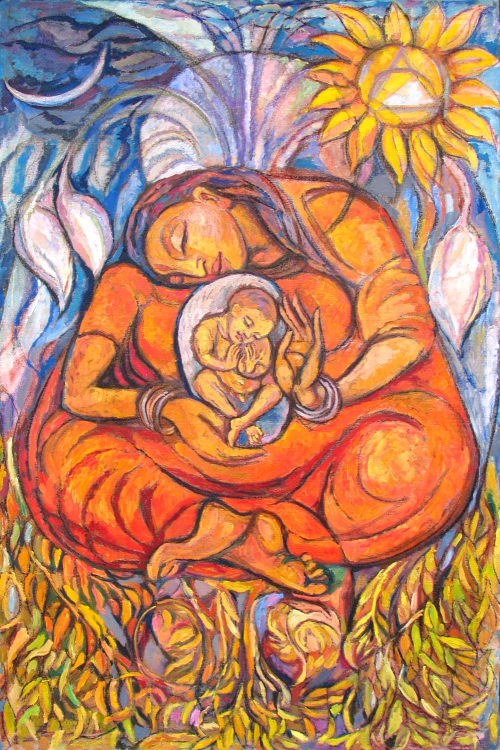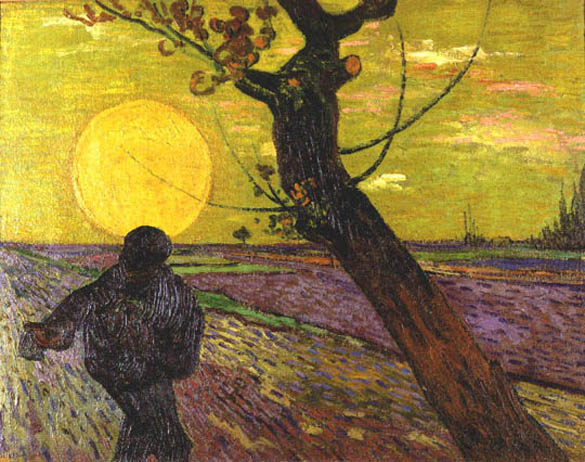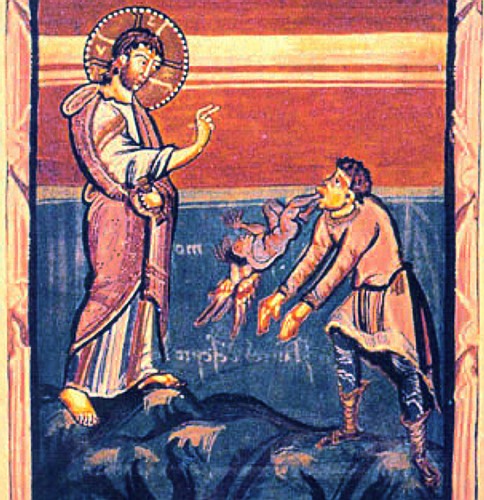Mother’s Day Reflection
Motherhood has powerfully reinforced for me the significance of the fact that when God was most vulnerable – in the womb, nursing at the breast, as a child, at death – God was wholly entrusted to the care of women. I find that frighteningly profound. — Rachel Held Evans We are born of love. Love […]




